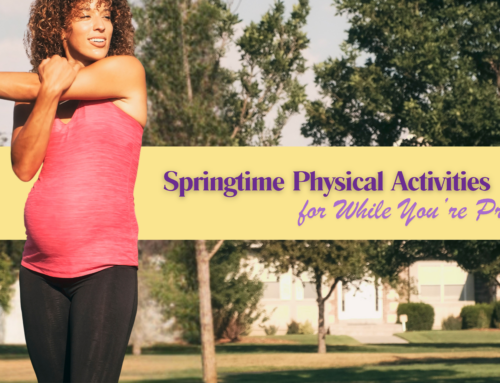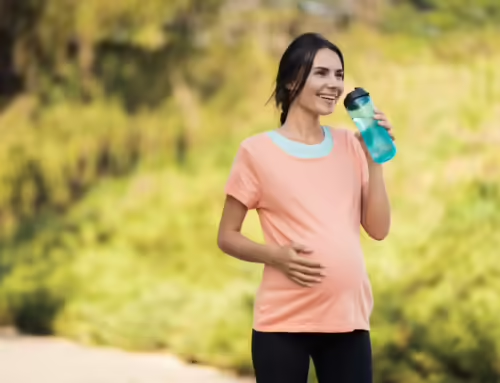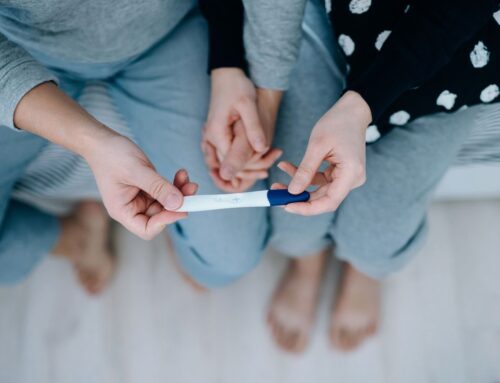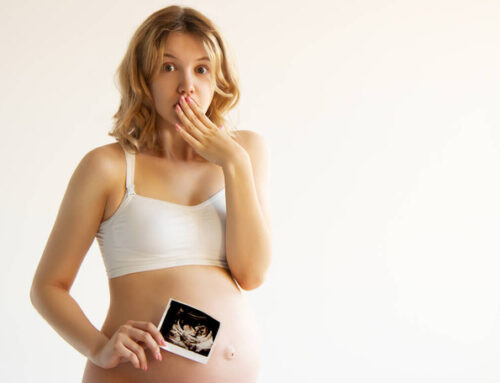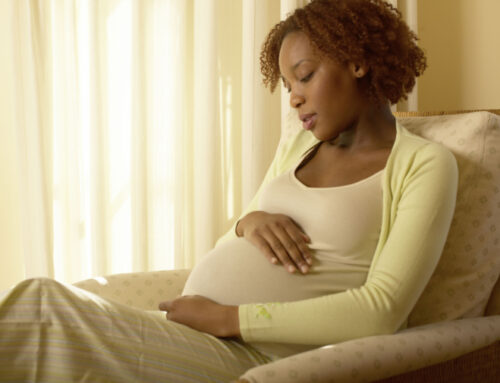COVID-19 & Pregnancy – What Expecting Mothers Need to Know
Currently, there is no data to prove that pregnant women are more at risk for developing COVID-19. However, it is safe to assume that expecting mothers are still at risk. Below are steps you can take to protect yourself and your baby.
Practice Social Distancing
The Centers for Disease Control and Prevention (CDC) recommends staying away from ill people. Other precautions include staying at home. In public, keep a physical distance of at least six feet from others.
Practice Personal Hygiene
Wash your hands with soap and water for at least 20 seconds after touching people and surfaces, using the bathroom, blowing your nose or coughing, and prior to eating or prepping food. Alcohol-based hand sanitizer is also effective if soap and water are not available. Refrain from touching your face with unwashed hands as well. It is important to clean commonly touched surfaces, such as counters, devices, and door knobs etc.
Wear Cloth Face Coverings
The CDC also recommends that everyone ages 2 and up wear a face covering that covers their face and nose to prevent the transmission of airborne droplets that contain the virus.
Pregnant Women and Viruses
While much is unknown about COVID-19, research indicates that expecting mothers have been more at risk for developing severe cases of infections such as the flu.
Mother-to-Child Transmission
So far, it has not been confirmed whether or not mother-to-child transmission of COVID-19 is likely. Although newborns can develop the virus after being in contact with someone who has been exposed or is sick.
Prenatal and Postpartum Visits
While pregnant or after delivering, it is important to still visit your healthcare provider regularly for prenatal and postpartum visits. Some providers may postpone or switch their appointments to telemedicine visits.
Delivering Your Baby
In the event of an emergency, call 911 or visit your local emergency site. If you are not driving, then call the department and explain your problem. There will be additional precautions in place to protect you and your baby.
If you have questions regarding your delivery, discuss them with your healthcare provider. Extra precautions will be put in place to ensure the health and safety of you and your baby against COVID-19.
COVID-19 & Breastfeeding
It has not been confirmed yet if COVID-19 is transmissible through breastmilk; research suggests that this is unlikely. If you have tested positive for COVID-19, wear a face covering and wash your hands prior to each feeding. If you choose to express milk, use an allocated breast pump, wear a face covering, wash your hands and follow the guidelines for proper cleaning. A caregiver who does not have COVID-19, or is not at high-risk and is in the same house should feed the child.
Visit the CDC’s Website
If you have any additional questions or concerns, contact your healthcare provider or visit the CDC’s website for up-to-date information on protecting yourself and your baby.

